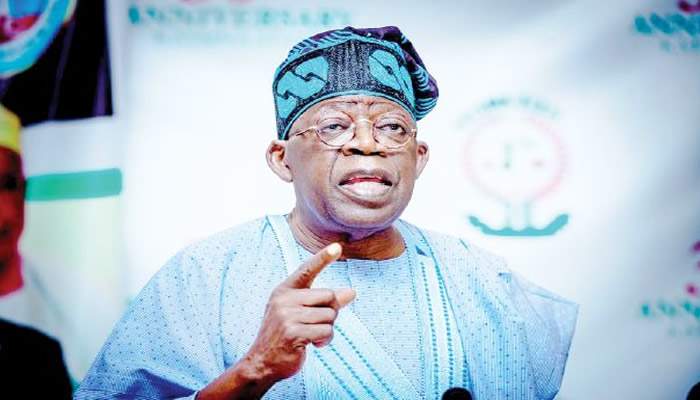Federal Government’s Failed Attempt to Quell Mass Demonstration Exposed
The recent mass protests that rocked the country have shed light on the Federal Government’s failed attempts to quell the demonstrations through emergency policies. Despite threats, court orders, and frantic efforts, the protests continued to spread across the country, with thousands of Nigerians taking to the streets to demand an end to bad governance and a reversal of policies that have worsened their economic conditions.
The protests, which were initially peaceful, turned violent in some cities as confrontations between the police and protesters intensified. According to reports, at least 17 people lost their lives in Kano, Niger, Borno, Kaduna, Jigawa, and Abuja. Businesses, banks, shopping plazas, and markets were shut down, as Nigerians feared mass looting and carnage.
The Nigerian Labour Congress (NLC) faulted the government’s position, stating that the protests were a legitimate expression of discontent and that the government’s failed policies had led to the current economic hardship. The NLC President, Joe Ajaero, urged the government to adopt a conciliatory approach and address the grievances of the people.
In response to the protests, President Tinubu announced a series of emergency measures, including the creation of centres where Nigerians could purchase a 50kg bag of rice for N40,000, the sale of crude to the Dangote Refinery and other upcoming refineries in naira, and the removal of duties on food importation. However, these measures failed to deter the protesters.
Constitutional lawyer, Dr. Tunji Abayomi, weighed in on the situation, stating that while the government has a right to ask people not to protest, the demonstration must be done with caution to avoid violating the conditions under which freedom to protest is exercised.
"The government has a right as a matter of self-preservation to ask people not to protest. But a protest is evidence of discomfort. But that doesn’t stop the people from protesting. So, what I am saying is: the government has a right as a matter of self-preservation to ask people not to protest," Abayomi said.
Meanwhile, public interest lawyer, Inibehe Effiong, and another lawyer, Festus Ogun, called for the government to address the grievances of the people and implement institutional reforms. They argued that the protest was a manifestation of the government’s failure to address the people’s plights and that it was only a consequence of bad governance and leadership.
As the situation continues to unfold, it remains to be seen whether the Federal Government will be able to quell the protests or whether the organisers will continue to push for their demands to be met.
